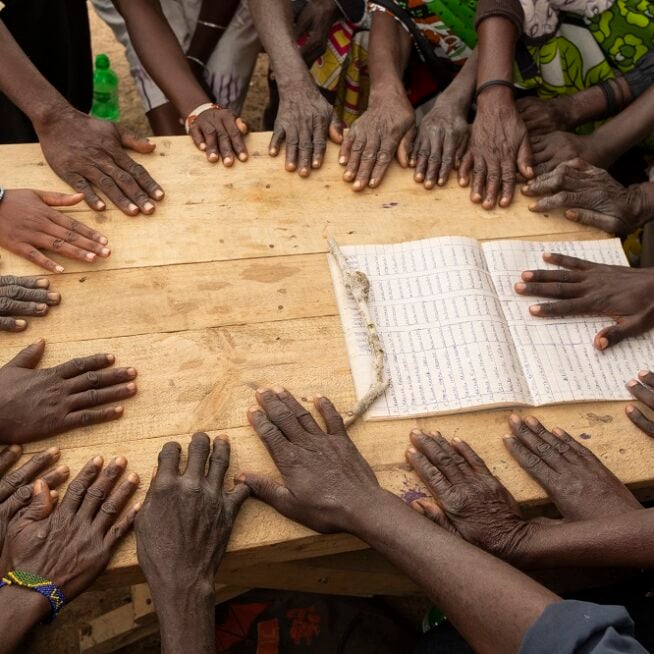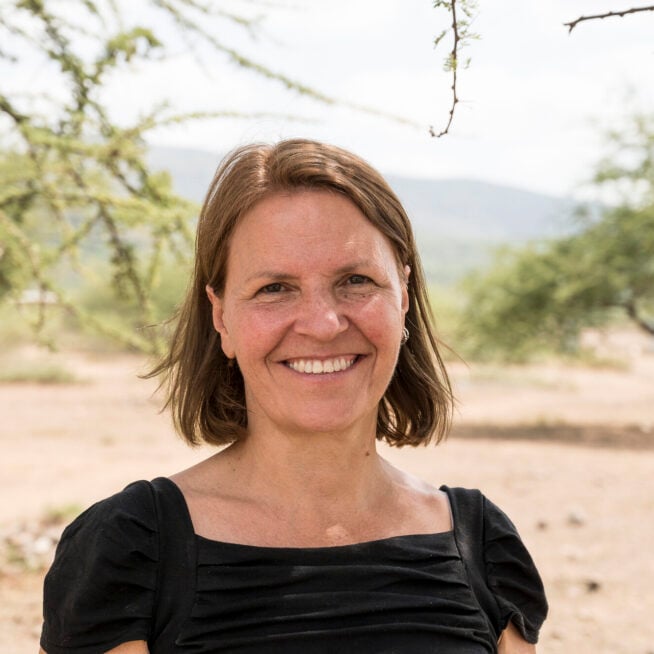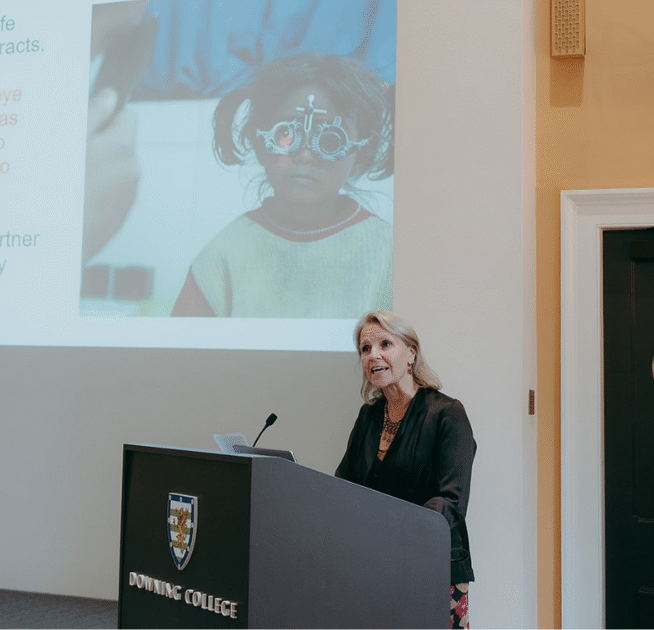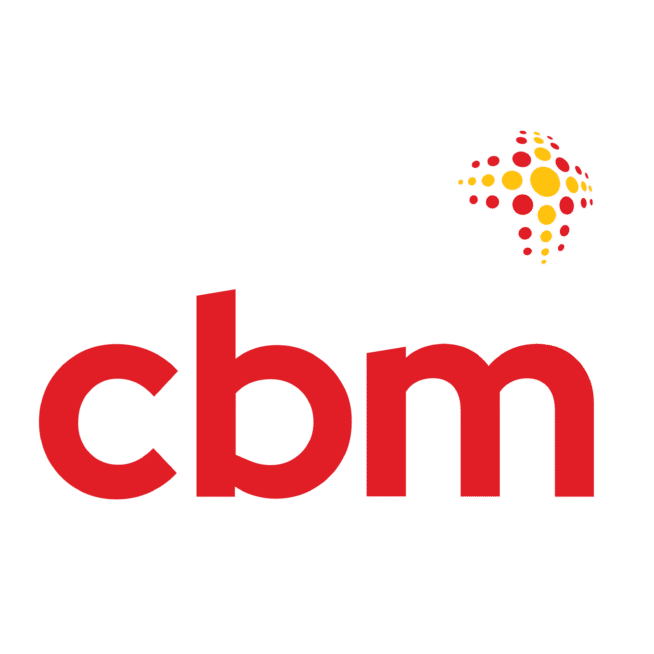Want to transform lives with us? Stay in touch and hear about our news, activities and appeals by email!
Break the cycle update: promoting economic independence and leadership for women and girls with disabilities in Nigeria
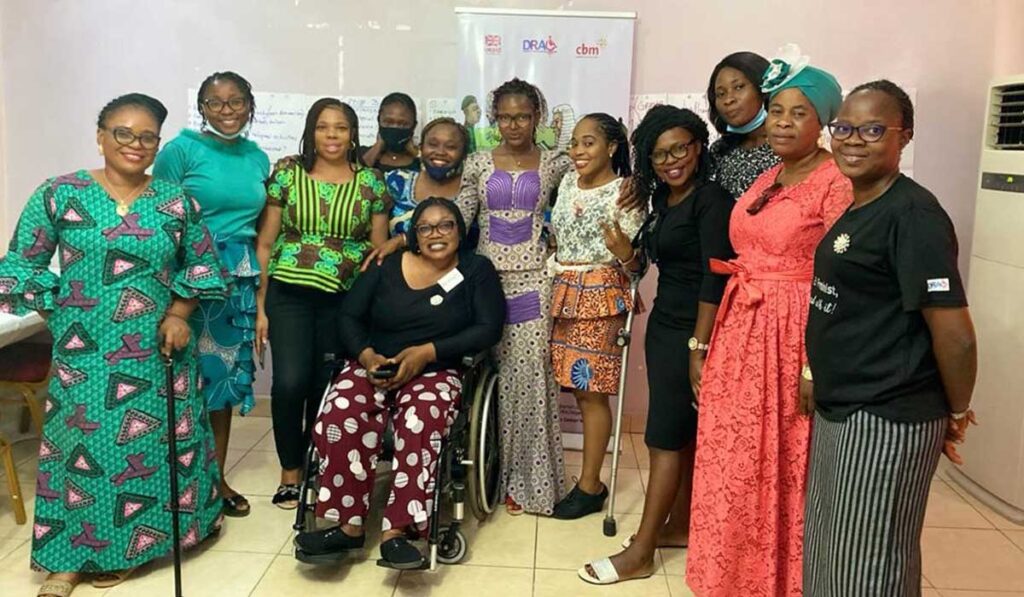
Our project in partnership with the Disability Rights Advocacy Centre (DRAC) in Nigeria aims to reduce violence against women and girls with disabilities in Nigeria by building confidence, economic independence and leadership skills.
Women and girls with disabilities experience high levels of exclusion and discrimination on the basis of their disability, gender and poverty. Their experiences of discrimination and exclusion often remain hidden, leaving them in vicious cycles of violence and abuse.
The DRAC team have been incredibly busy over the past few months, supporting women and girls with disabilities – here are some recent highlights from the Break the Cycle project (open link in new tab)!
Life skills training
Women and girls with disabilities have been taking part in a series of life skills sessions to enhance social skills and help them to cope with challenges in day-to-day life. This includes learning effective ways to communicate, negotiate and be assertive, to help build their self-esteem and feel more confident in making their own decisions. In March 2021, 420 women and 48 girls with disabilities were trained, across 7 area councils.
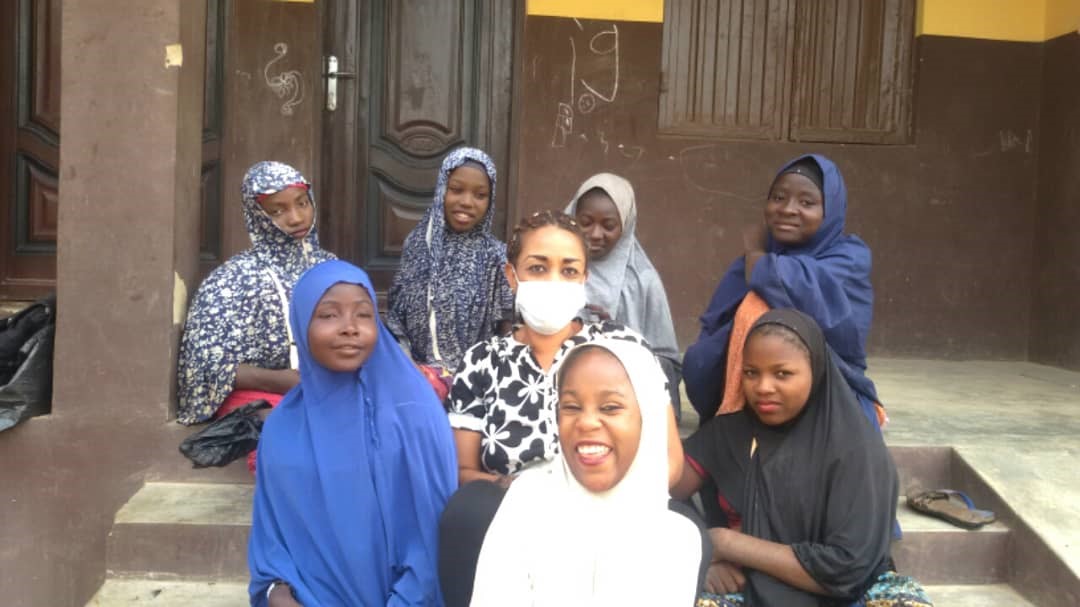
Bringing together Disability and Women’s Movements
An important part of the Break the Cycle project is bridging the gap between disability and women’s movements in Nigeria. On 31st March 2021, a meeting took place to discuss the role of both movements and ensure that disability issues are included on the agenda of the women’s groups. This meeting was a huge success – some of members of the women’s movement said it was the first time they’d had disability inclusion training like this and that they’d continue to create awareness on disability within their networks.
Community sensitisation
Awareness raising activities have been taking place in communities, to promote the importance of education for girls with disabilities, including:
- Town hall meetings – bringing together traditional leaders, religious leaders, youth leaders, social welfare officers and community members to discuss the need to enrol the girls with disabilities in schools.
- Community theatre performances – carried out in seven area councils to sensitise communities on the need to educate girls with disabilities. The actors were trained on safeguarding before their performances.
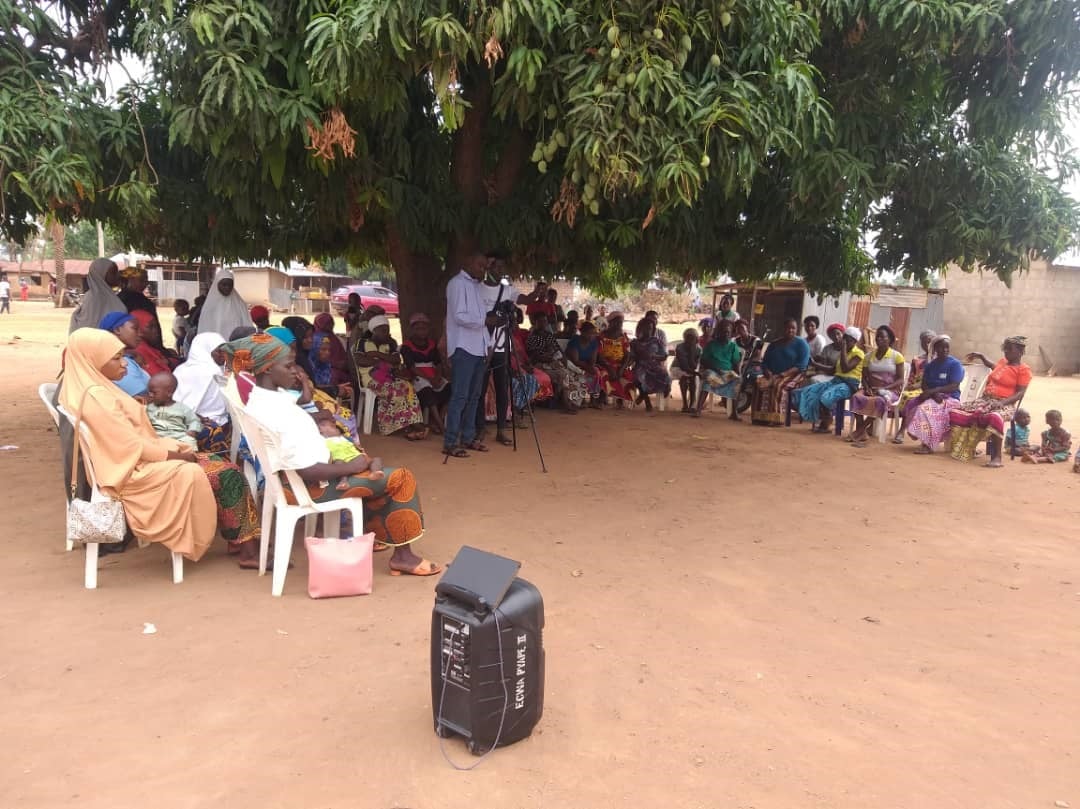
- Radio Jingles – airing 3 times a week and produced in 3 languages (Hausa, English and Pidgin English), to help sensitise the public on the need to educate girls with disabilities.
Setting up VSLAs
So far, 37 Village Savings and Loans Associations (VSLAs) have been set up as part of the Break the Cycle project, with 80% being people with disabilities – including 470 women with disabilities and 105 men with disabilities – ranging from people with visual impairment, hearing impairment, intellectual impairment and physical impairment.
Caregivers support group meetings have also been set up, to provide a space to inspire, give advice, connect and educate caregivers of people with disabilities, on selected topics like gender and disability inclusion. The caregivers have the chance to share experiences on some of the difficulties they encounter in caring for their person with disabilities and how it has impacted on their lives – such as discrimination by their community – and support each other through the challenges.
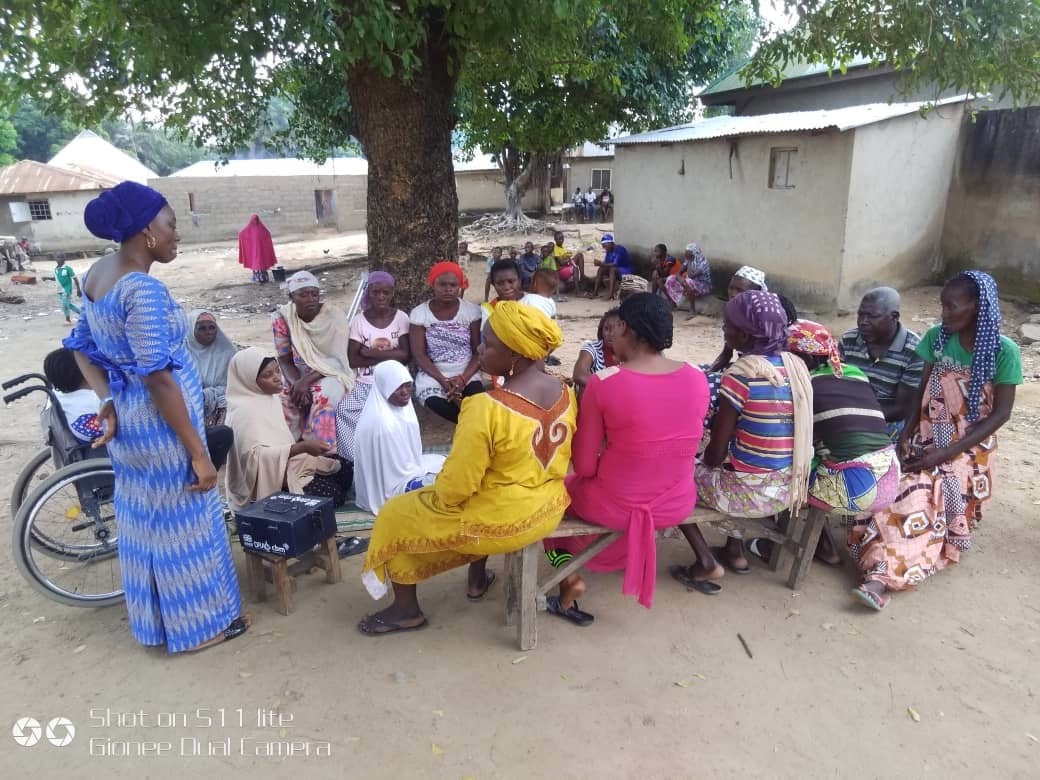
Leadership training
Women with disabilities often struggle with self-esteem, which can affect the likelihood of them fulfilling leadership roles. This often stems from exclusion from mainstream activities, rejection in the home, gender discrimination and lack of support.
In March, 35 women with disabilities attended leadership training, including 19 women with disabilities from VSLAs and 16 women from Disabled People’s Organisations (DPOs). The training focused on decision making processes, gender and disability inclusion and community laws – particularly highlighting the importance of developing advocacy skills in order to advocate for better community laws that provide opportunities for women to participate in decision making and occupy leadership positions.
We’re proud to be working alongside the amazing DRAC team, to support over 700 women and girls with disabilities in Nigeria. This project is funded by the UK Aid Direct government scheme. Find out more about this scheme (open link in new tab).
Images: 1st – Participants attending a meeting between the disability and women’s movements. 2nd – Girls with disabilities attending life skills training. 3rd – Community theatre performance. 4th – VSLA weekly meeting in Guabe, Kuje.

